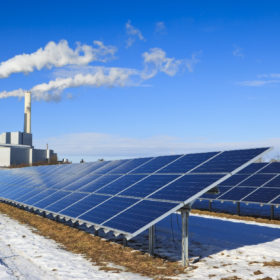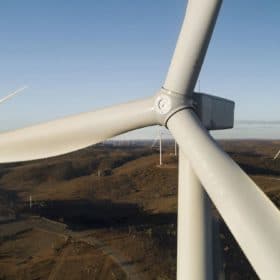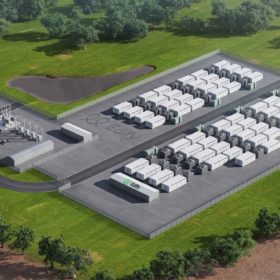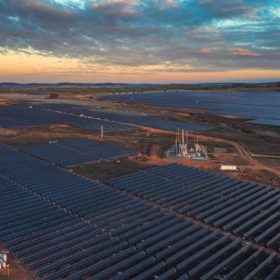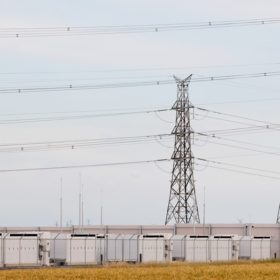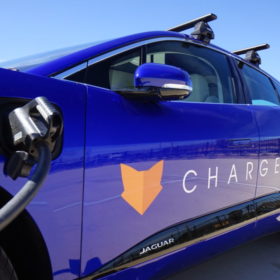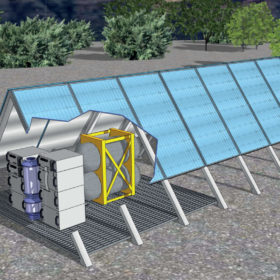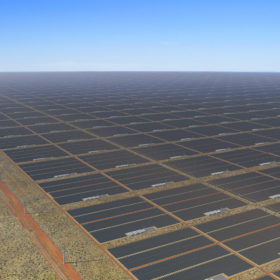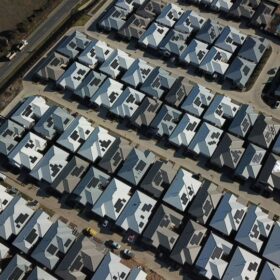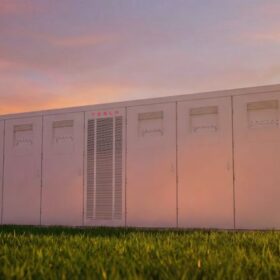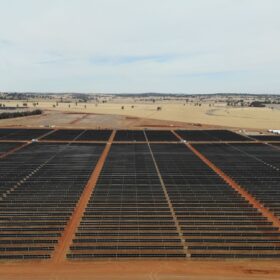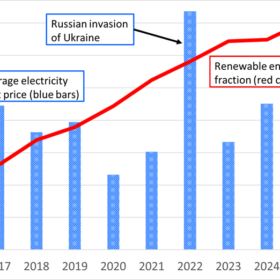Solar power costs continued to fall in 2021, despite rising panel prices
The average global price of solar kilowatt-hours fell 13% on 2020’s prices, as around two-thirds of the renewables capacity installed last year was cheaper than the lowest-cost fossil fuel alternative.
GE turns to Australia for critical renewable materials
US giant General Electric (GE) has signed an agreement with Australia’s Arafura Resources, provisionally agreeing to offtake from the company’s flagship Nolans Project in the Northern Territory, which is aiming to become a major supplier of critical materials for wind turbines and electric vehicles.
Spanish giant plans $26 billion investment in Australian renewables following government change
Spanish energy and construction giant Acciona plans to massively expand its investment in Australian renewable projects over the next five years, following the new federal government’s pledge to upgrade national electricity transmission networks.
Edify secures $13 million for Darlington Point big battery project
Australian renewables developer Edify Energy has secured more than $13 million in federal and state government funding to help finance the installation of a 25 MW/50 MWh battery energy storage system featuring advanced inverter technology next to its 275 MW Darlington Point Solar Farm in south-west New South Wales.
Canadian Solar sells two Australian solar farms to US interests
Chinese-Canadian PV heavyweight Canadian Solar has for an undisclosed sum offloaded two of its Australian utility scale solar power projects with a combined generation capacity of 260 MW to an offshoot of United States renewable energy giant Berkshire Hathaway Energy.
‘Missing piece of the puzzle’: 3 GW of battery projects make it to ARENA’s grid forming shortlist
ARENA today announced 12 projects with a combined capacity of 3 GW are on the shortlist for its $100 million Large Scale Battery Storage Round which aims to support to rollout of storage fitted with grid forming capacities.
EV charging network, Chargefox, acquired by Australian motoring clubs
Australia’s largest EV charging network, Chargefox, has been fully acquired by Australia’s motoring clubs via their company Australian Motoring Services.
Aussie solar-powered direct air carbon capture tech secures backing from Facebook, Google
Australian company AspiraDAC, which uses solar powered Direct Air Capture (DAC) technology to remove carbon from the atmosphere, has been selected to be part of the first round of purchases from Frontier, a program backed by Facebook and Google’s parent companies, Meta and Alphabet.
Sun Cable announces financial advisors for the globe’s largest solar & storage project
Macquarie Capital, Moelis and MA Financial Group have been appointed as joint financial advisers to the world’s largest solar farm, battery and undersea electricity cable project, the $30 billion plus Australia-Asia PowerLink Sun Cable project in the Northern Territory.
OpenSolar gives installers access to new loans facility
Australian software company OpenSolar has expanded its partnership with fintech lender Plenti Group to give Australian solar installers the option to offer customers access to zero-interest payment plans in a bid “to make solar accessible to more people as quickly as possible”.
